Julius Caesar for Kids Ebook Sample
.
Julius Caesar was a hero in Rome. After a career as a soldier – a Roman general – fighting and defeating Rome’s enemies, he was now the dictator of Rome. Rome was a republic, without a king or emperor and a dictator was similar to a prime minister or president, elected by the senators. There were many people,though, who thought that Caesar wanted to make himself king. There had been kings in the past but the Romans had decided that they didn’t want that so they had overthrown the emperor and established a republic. When Julius Caesar showed signs of wanting to restore the empire and make himself emperor those who were determined to defend the republic were worried.
Caesar had been a controversial figure ever since he had marched on Rome and defeated the popular leader, Pompey. All the way down the ranks in Rome people took sides. We see this as the story opens. Two tribunes (Roman policemen) confront the crowd, who have taken the day off to celebrate the feast of Lupercal, the annual festival of purification and fertility in honour of the god, Lupercus. The sun shone brightly, the sky was blue and there was a festive atmosphere. Although it was a celebration it was neverthelessa normal working day. The law stated that all workers should be at work, and if they had to be in the streets of the city, they were obliged to wear the clothes of their trade. But today people were colourfully dressed in their best holiday outfits: they hoped to catch a glimpse of the great Julius Caesar, who was going to attend the festival. His admirers were there in force, and very excited. [show_more color=”#2997ab” more=”Read more >>” less=”<< Read less"]
The tribunes, Flavius and Marullus, were patrolling the centre of Rome on that sunny morning. Charged with keeping law and order, they noticed a crowd beginning to form. They approached thegathering throng and Flavius attempted to scatter them. ‘Go away!’ he roared. ‘Go home, you idle creatures. Is this a holiday? Don’t you know that you aren’t allowed to walk about on a working day unless you’re wearing the clothes of your trade?’ He grasped the shoulder of one. ‘You! What’s your trade?’
‘Why sir,’ the man replied, ‘I’m a carpenter.’
Marullus looked him up and down. ‘Where are your leather apron and your carpenter’s ruler? What are you doing in your best clothes?’
He turned to another man. ‘You, sir. What’s your trade?’
The second man grinned. ‘To tell you the truth, sir,’ he said.
‘Compared with a more skilled workman, I’m something of a cobbler.’
‘But why aren’t you in your shop today?’ said Flavius. ‘Why are you leading these men around the streets?’
‘To tell you the truth,’ the cobbler said, ‘to wear out their shoes, to get more work.’ When the laughter had subsided he said: ‘But seriously, we’re making a holiday to see Caesar and to rejoice in his triumph.’
Marullus looked at Flavius. It was what they had thought. Both tribunes were supporters of the defeated Pompey and suspicious of Caesar. ‘Why rejoice?’ he said.
‘What captured kings has he brought to Rome, dragging them behind his chariot?’ He swung round to the gathering crowd. ‘You blocks! – you useless creatures!’ Have you forgotten Pompey? How many times have you climbed up on walls and battlements, to towers and windows, yes, even to chimney-tops, your babies in your arms, and sat there the whole day, waiting patiently, to see great Pompey pass through the streets of Rome? And when you even got a glimpse of his chariot, haven’t you made a universal shout, so that the River Tiber resounded to its depths with it? And are you now putting your best clothes on? And are you declaring a holiday? And are you strewing flowers in the path of he who comes in triumph over Pompey’s blood? Go home! Go!’
The crowd began to disperse. The tribunes watched until they had all gone. ‘You go down that street towards the Capitol, and I’ll take this one,’ said Flavius. ‘Pull down any decorations that you see on the statues.’
‘Are we allowed to do that?’ said Marullus. ‘You know that it’s the feast of Lupercal.’
‘It doesn’t matter,’ said Flavius. ‘Don’t leave any statues with Caesar’s trophies hung on them. I’ll go round and drive the workers from the streets. You do that too, wherever you see a crowd gathering.
If we stop this now we can minimise Caesar’s effect. Otherwise he’ll rise up high above us and keep us in a state of servile terror.’ They went off to do it.
Buy Now – $14.95
[/show_more]

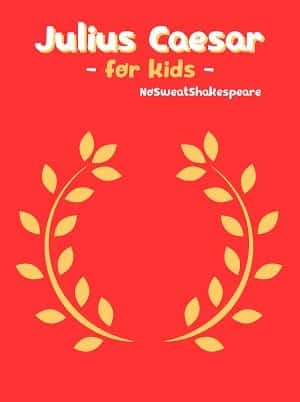
 See what our ebook customers have to say:
See what our ebook customers have to say:

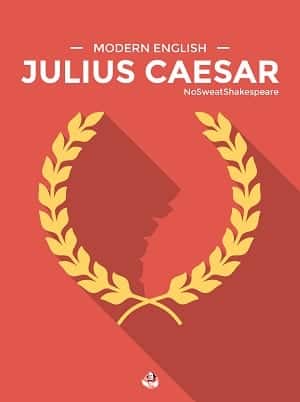
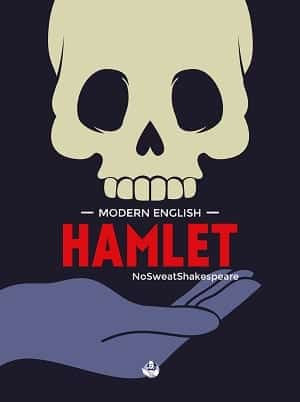
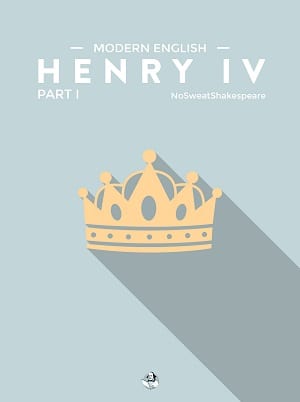
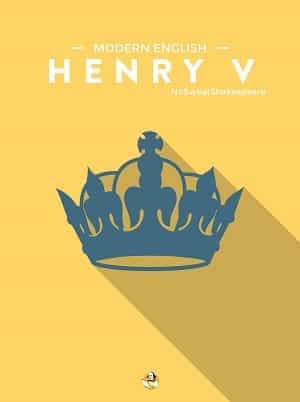
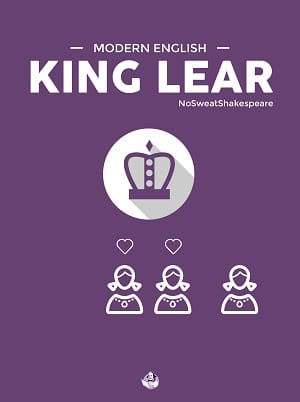
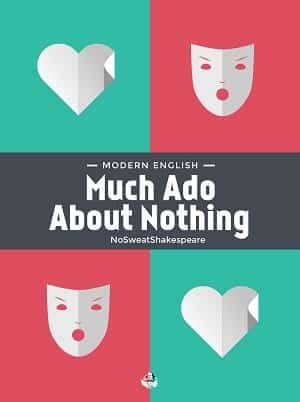
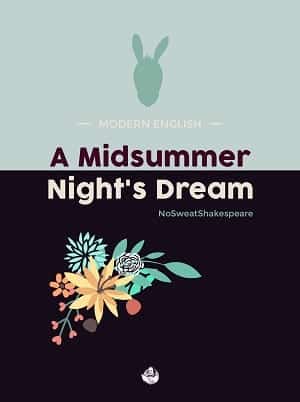
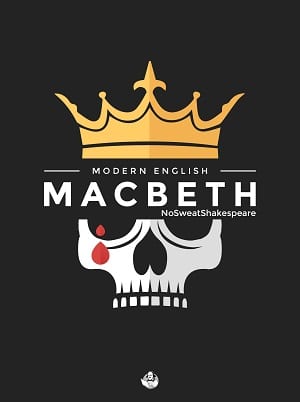
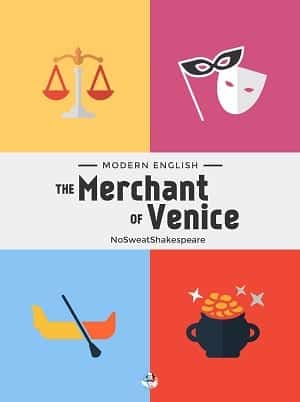


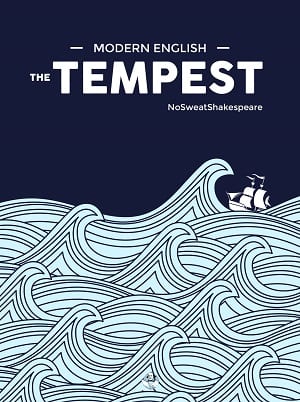



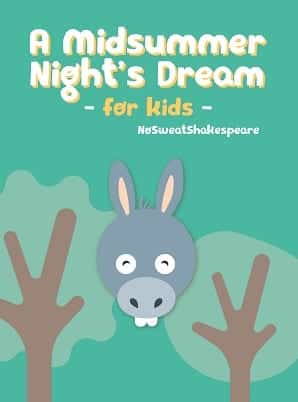


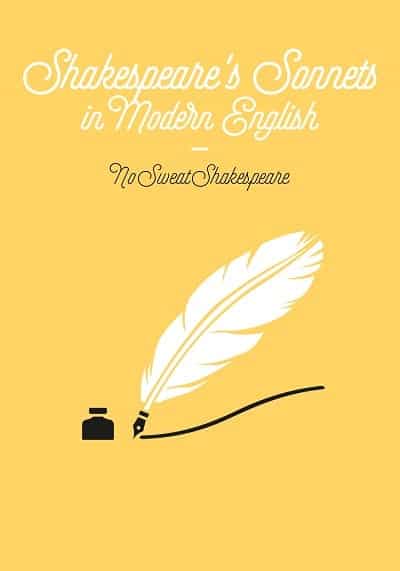
Leave a Reply
Want to join the discussion?Feel free to contribute!